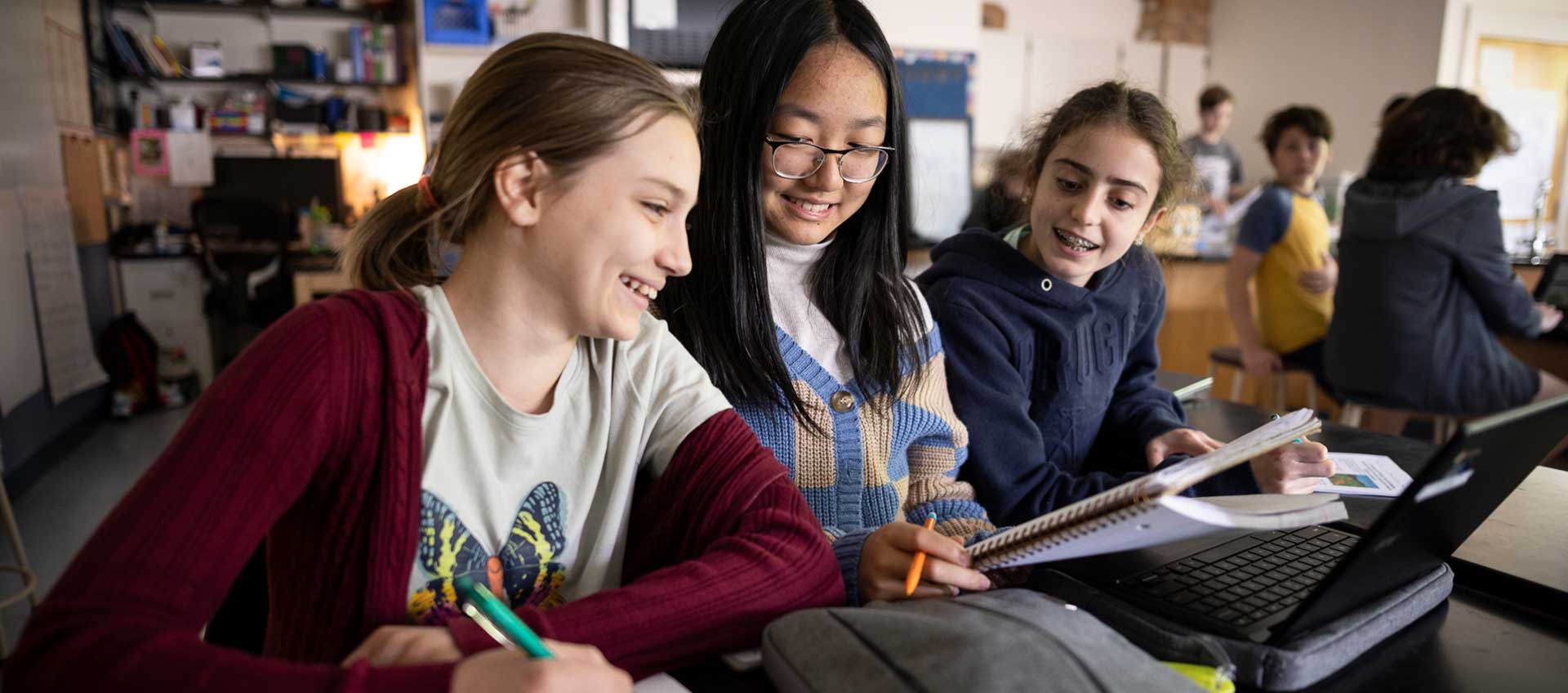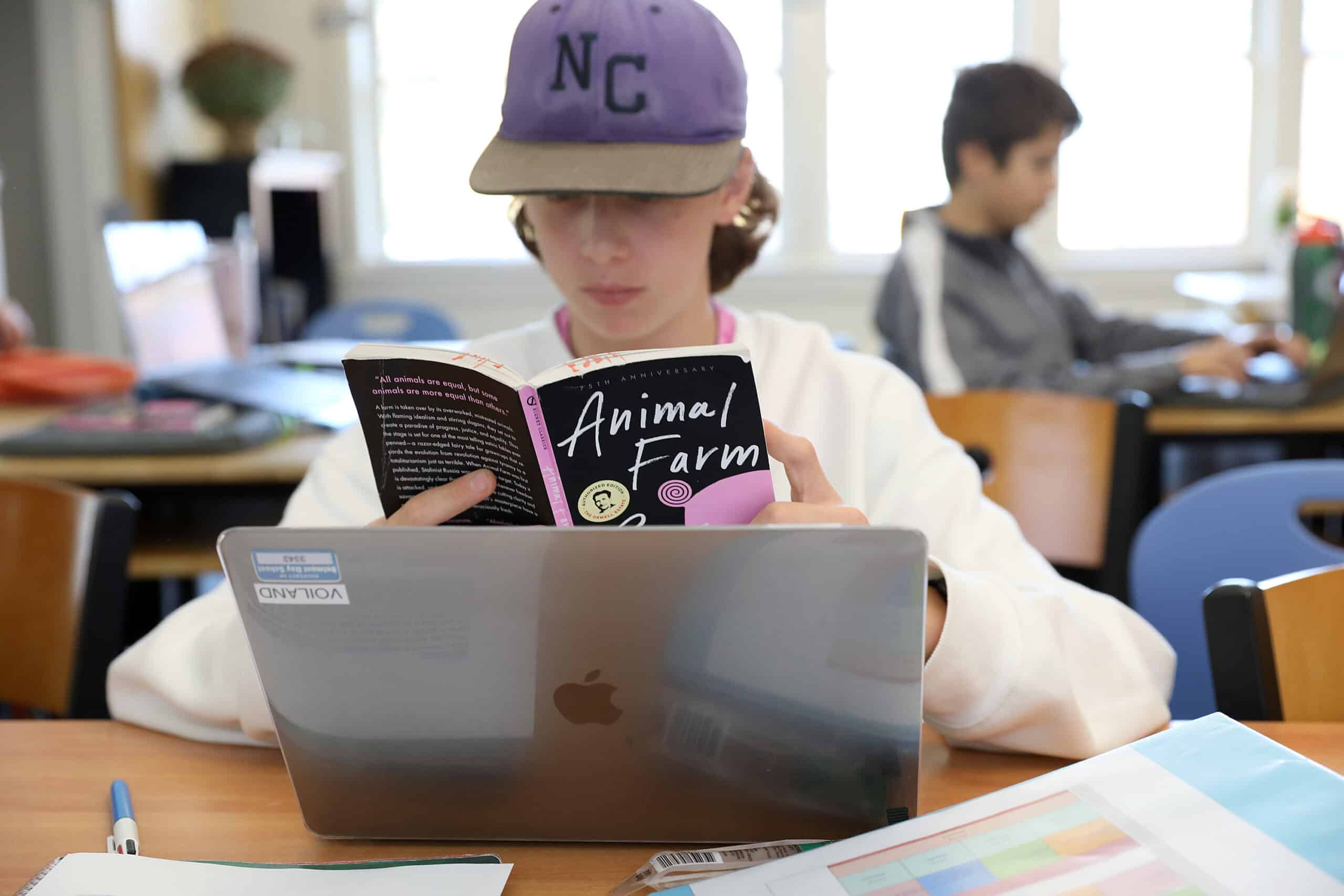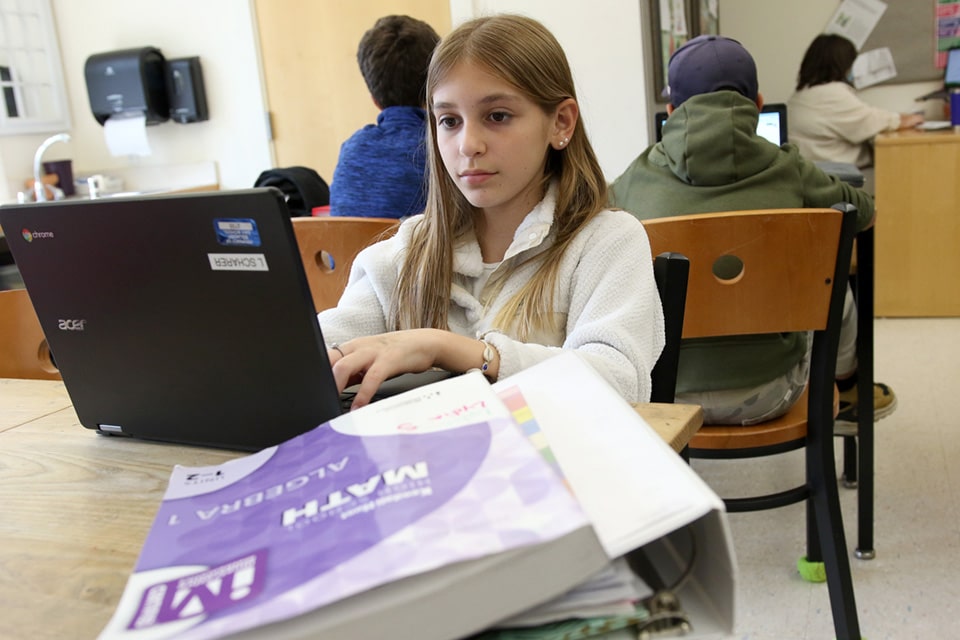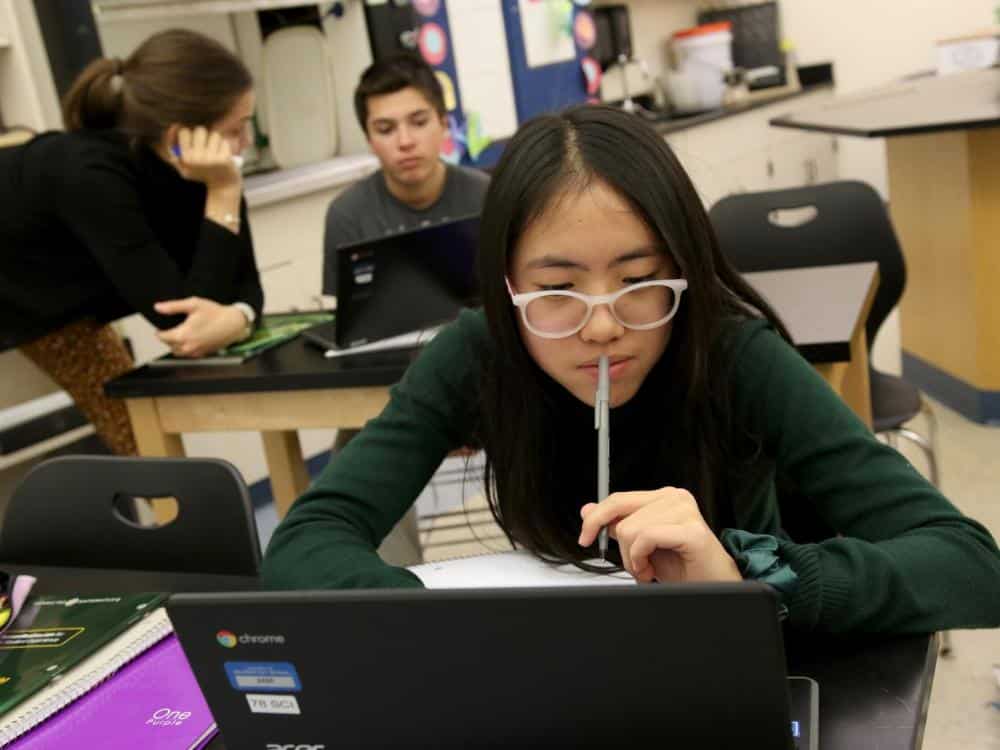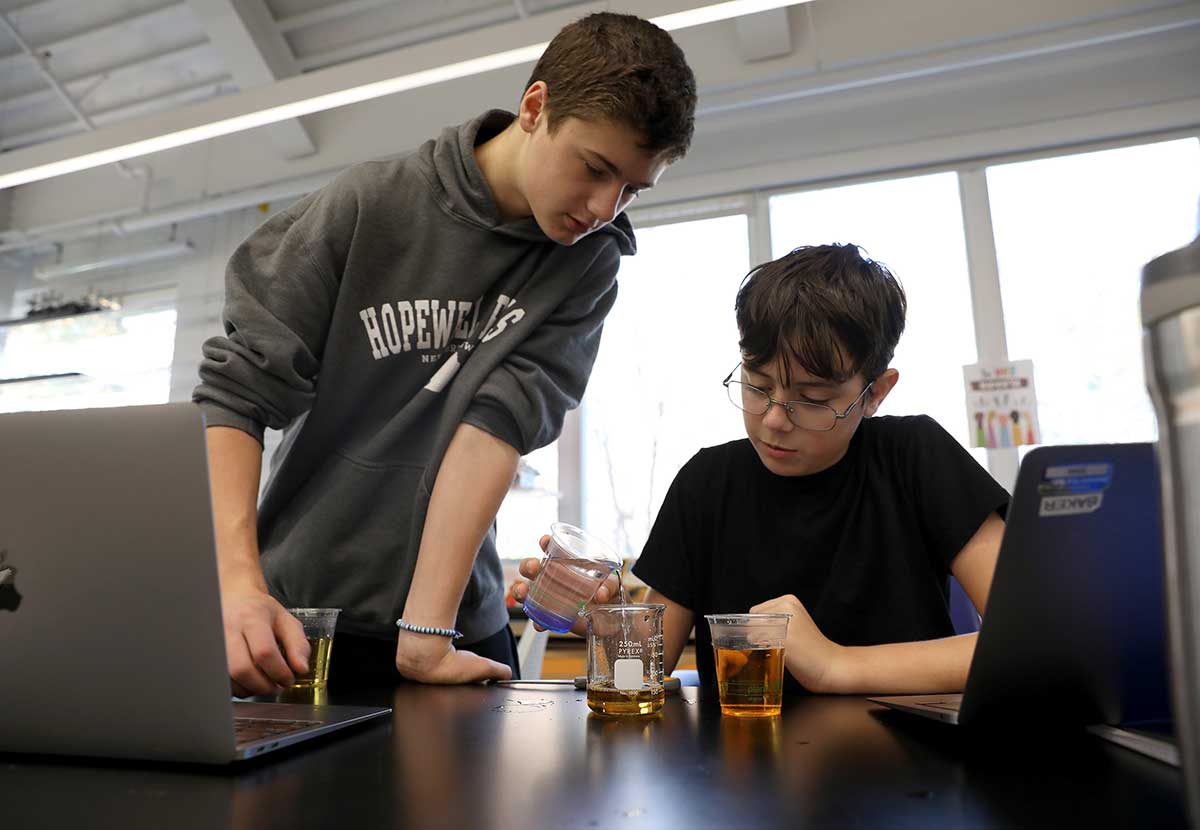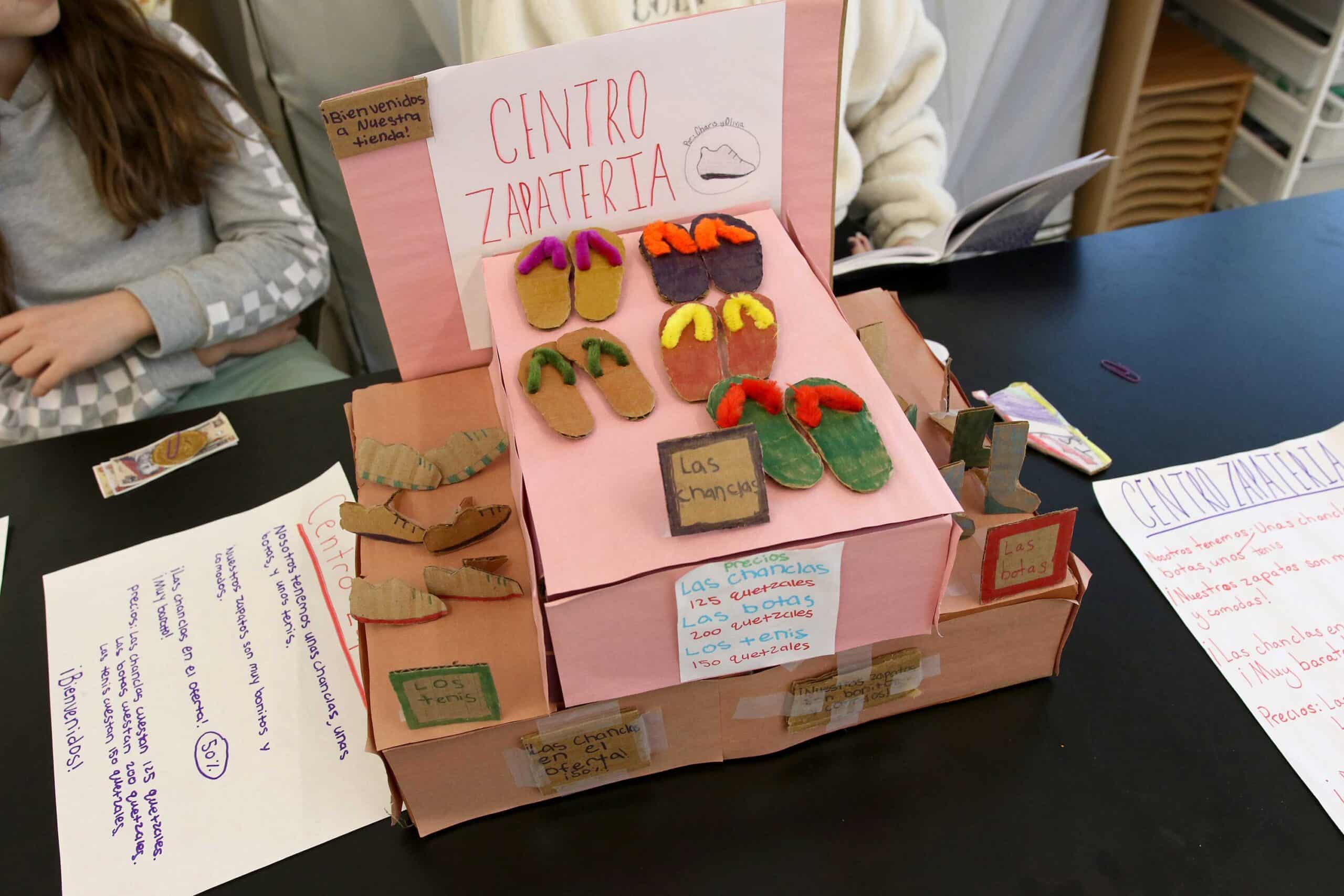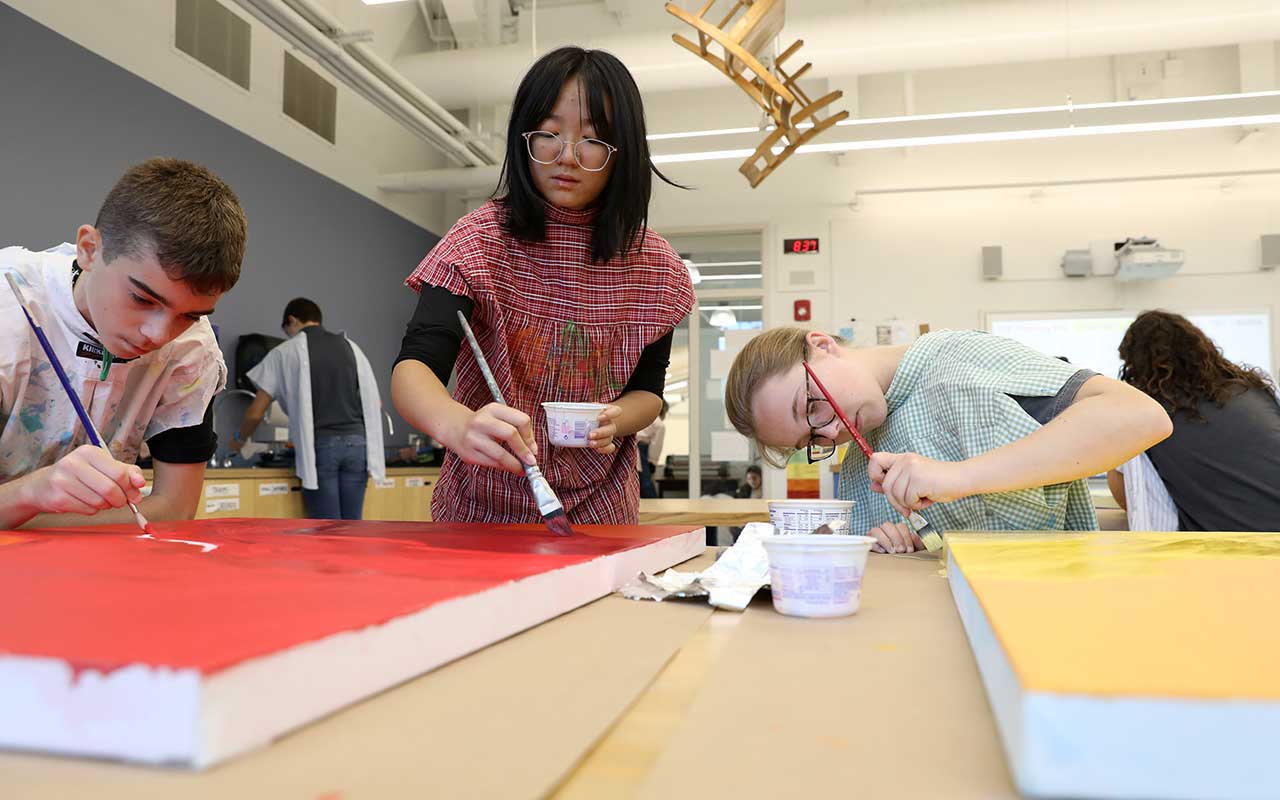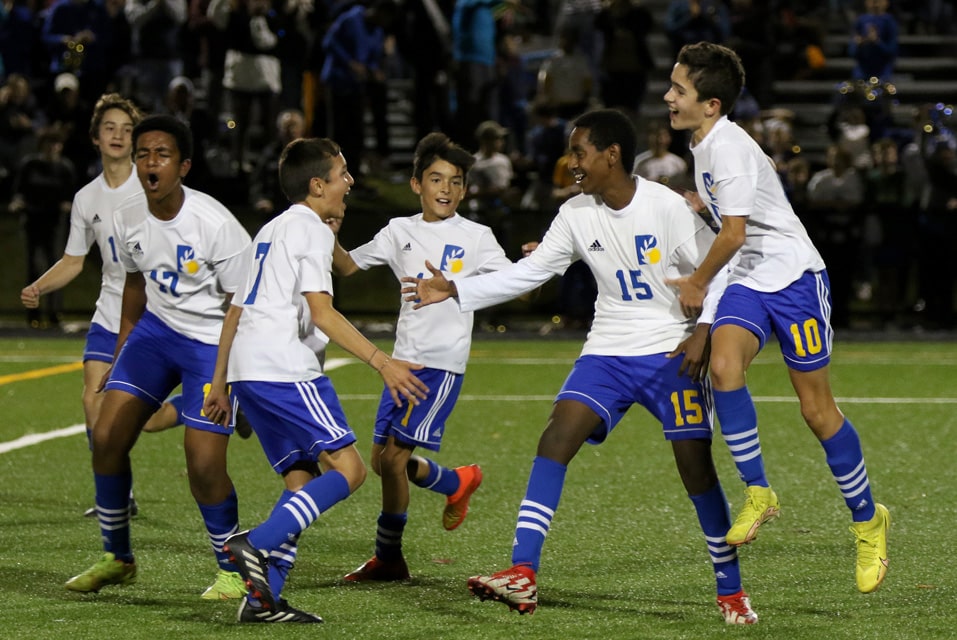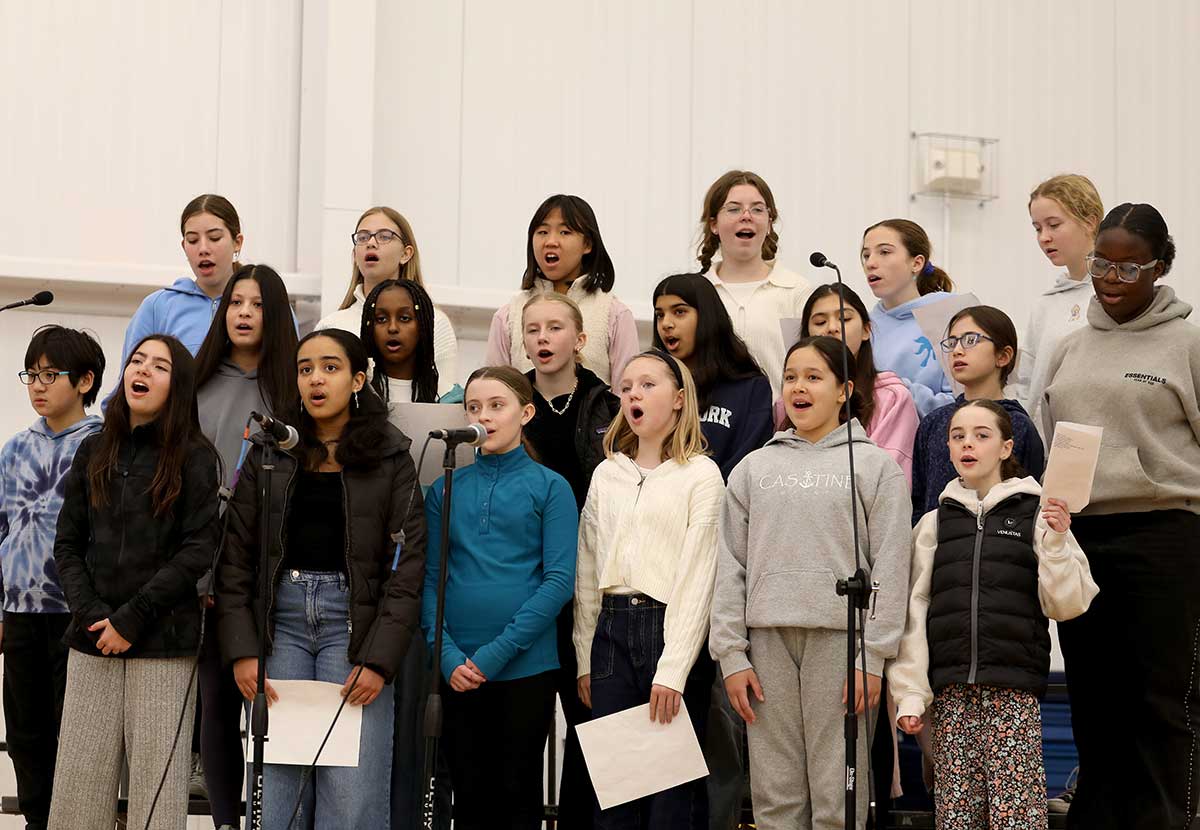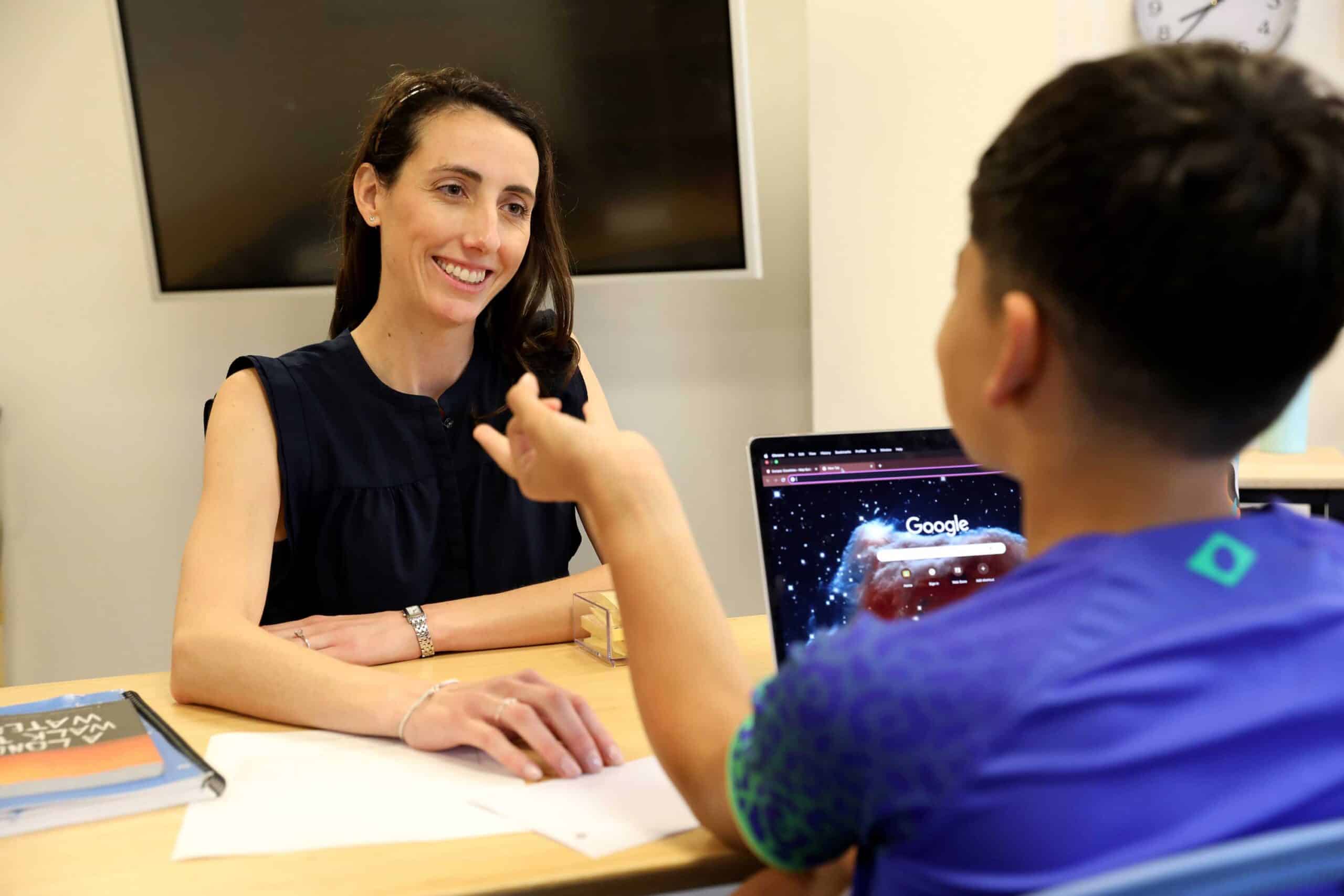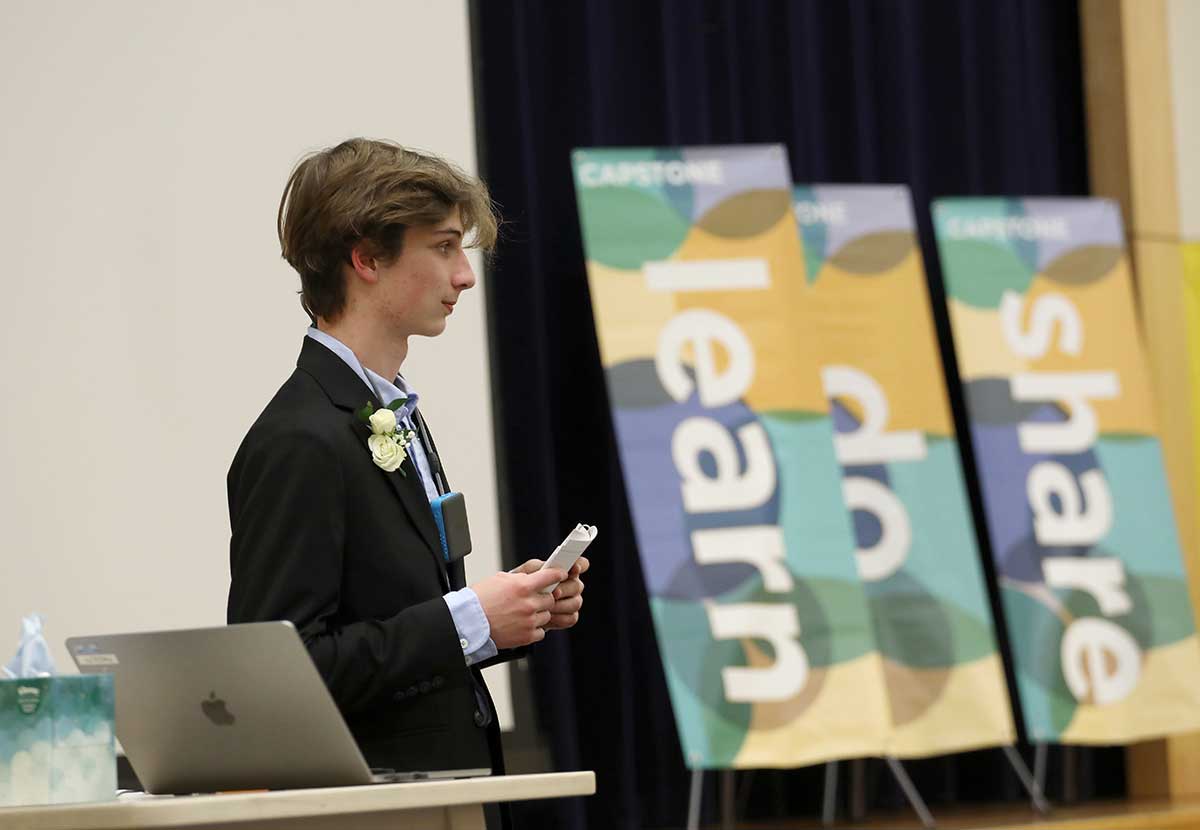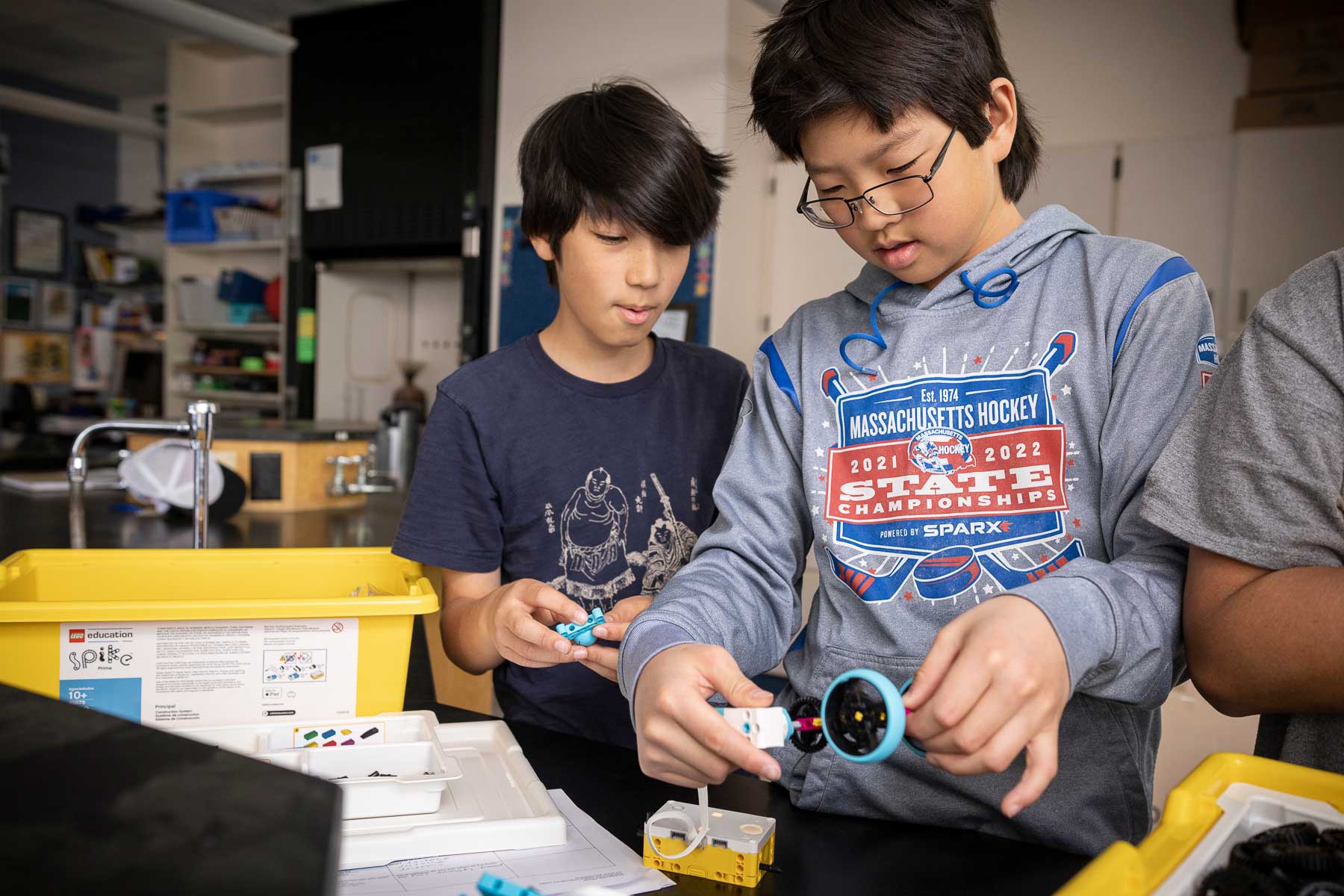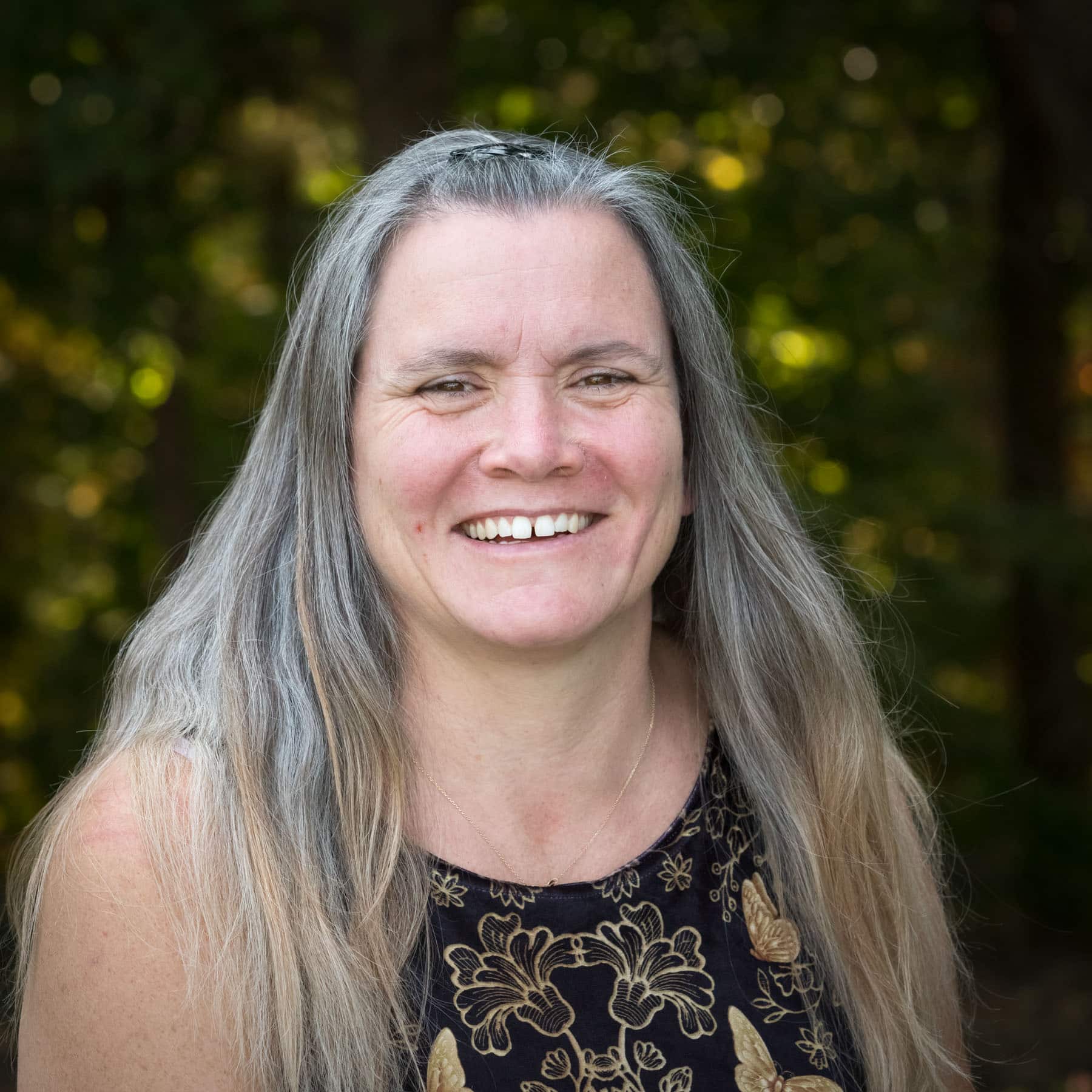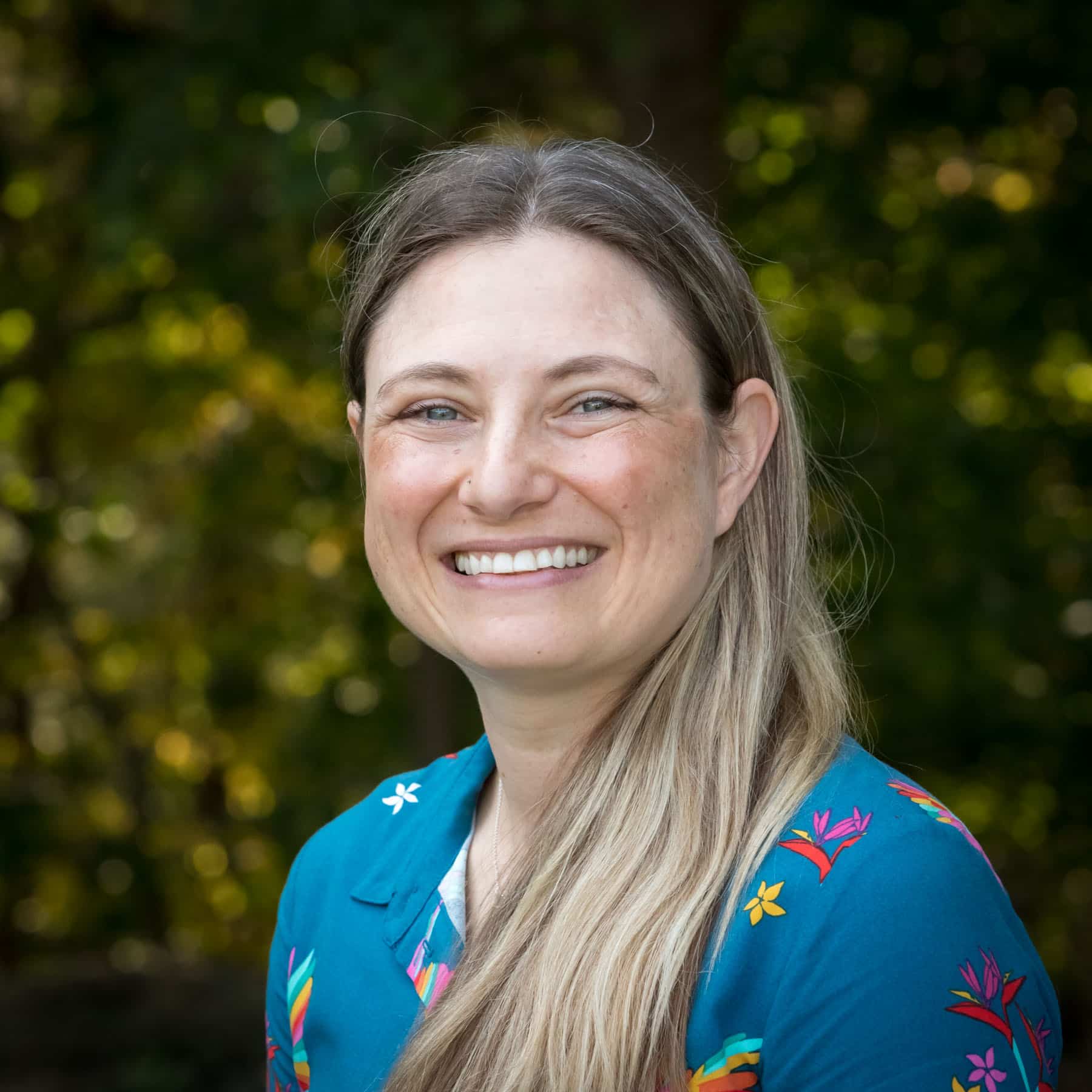Eighth grade is the culminating year at Belmont Day, when students take pride in being the leaders of our school and consolidating all they have learned. The curriculum focuses on critical thinking, abstract reasoning, creativity, and core foundational skills. All eighth graders complete a Capstone project—a year-long investigation of a unique topic that interests them. Through this project, students write a substantive research paper, create hands-on work, and present their work to an audience of peers, parents, and faculty. Outside of class, eighth graders are mentors (and rock stars!) to their pre-kindergarten buddies. They captain our teams, take leads in the seventh and eighth grade play, and, in the spring, travel together to a destination related to a curricular area. They come to know themselves as learners and manage their academics by effectively using resource periods when all teachers are free for support, questions, corrections, and enrichment. They write graduation speeches reflecting on their journey at Belmont Day, and they head off to high school, poised to make the most of their secondary education.
Program Highlights
- Capstone
- Arts electives
- Seventh and eighth grade play
- Interscholastic athletics program
- Advisor program
- Pre-kindergarten buddies
- Class trip
Specialist Time
- World language four times a week for 50 minutes
- Arts electives four times a week for 60 minutes (music, visual art, theater arts, woodworking, and technology)
- Athletics four times a week for 60 minutes
- Clubs, advisory, and resource time
